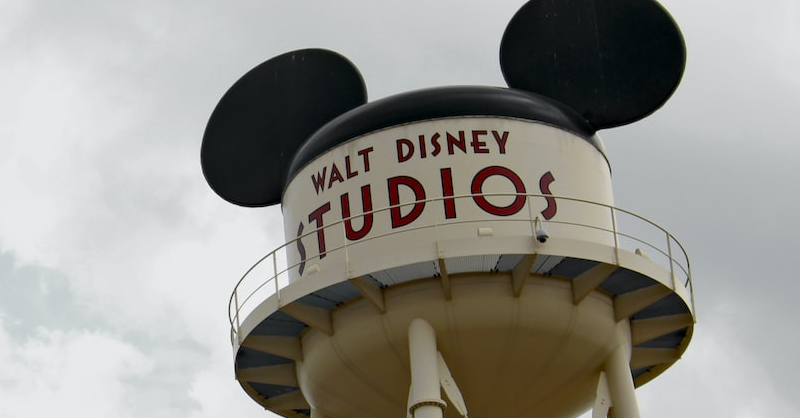
STEVE PARKER
Disney Is Failing And That's A Good Thing
Failing at the box office, at their theme parks and with their streaming service, Disney's nonsense has finally caught up.


STEVE PARKER
Failing at the box office, at their theme parks and with their streaming service, Disney's nonsense has finally caught up.
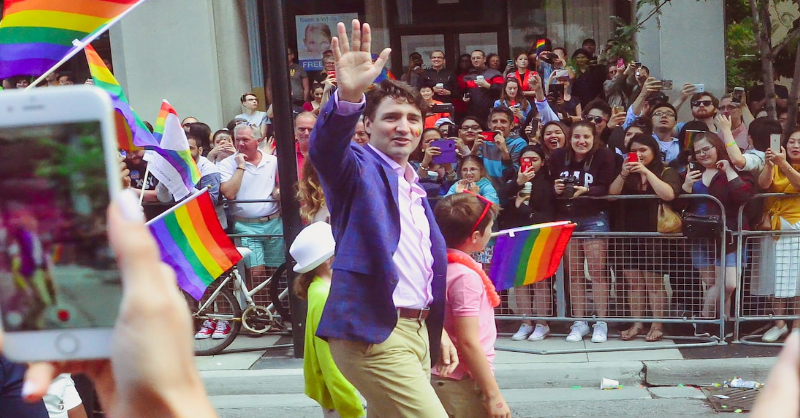
RYAN TYLER
Sinking inflation and better unemployment numbers could fool Canadians into seeing Liberals as successful.
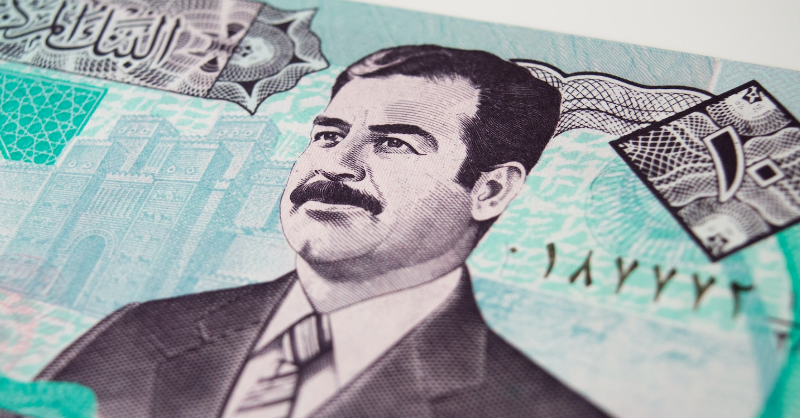
RYAN TYLER
When compared to Putin's invasion of Ukraine, the Iraq War looks more like American theatrics.
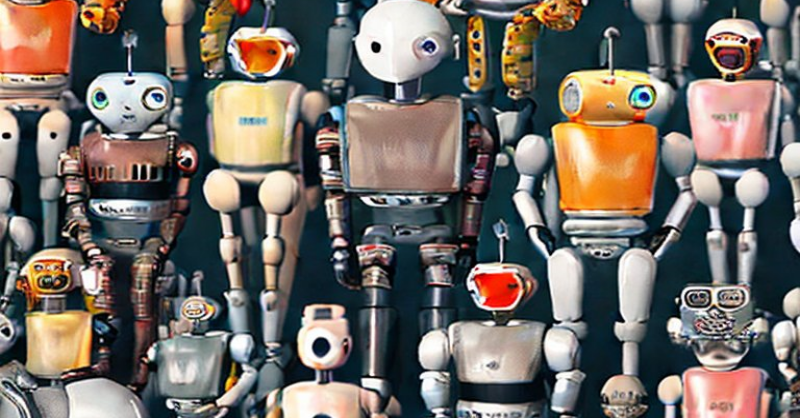
DEVON KASH
Concerns about people having their incomes cut off for wrong-think under a UBI are legitimate.
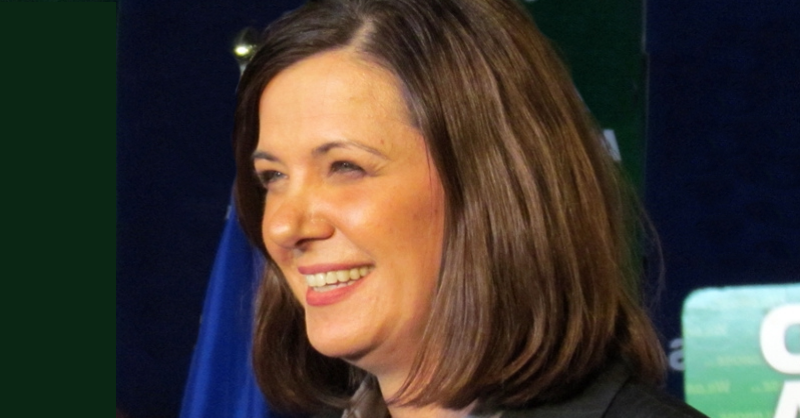
GRANT JOHNSON
She beat all the odds and won against the NDP's smears, but will she use her four years wisely?

ALLAN RAY
A hypothetical discussion is being had among some fringe activists and academics about erasing the word.
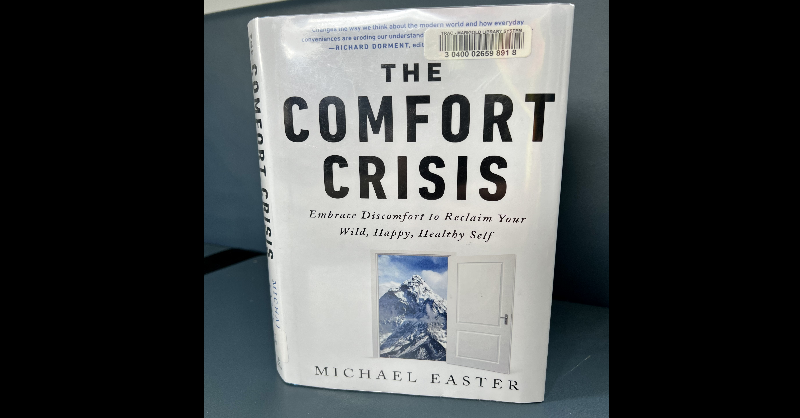
JOHN MILLER
This is a review of the book by Michael Easter.
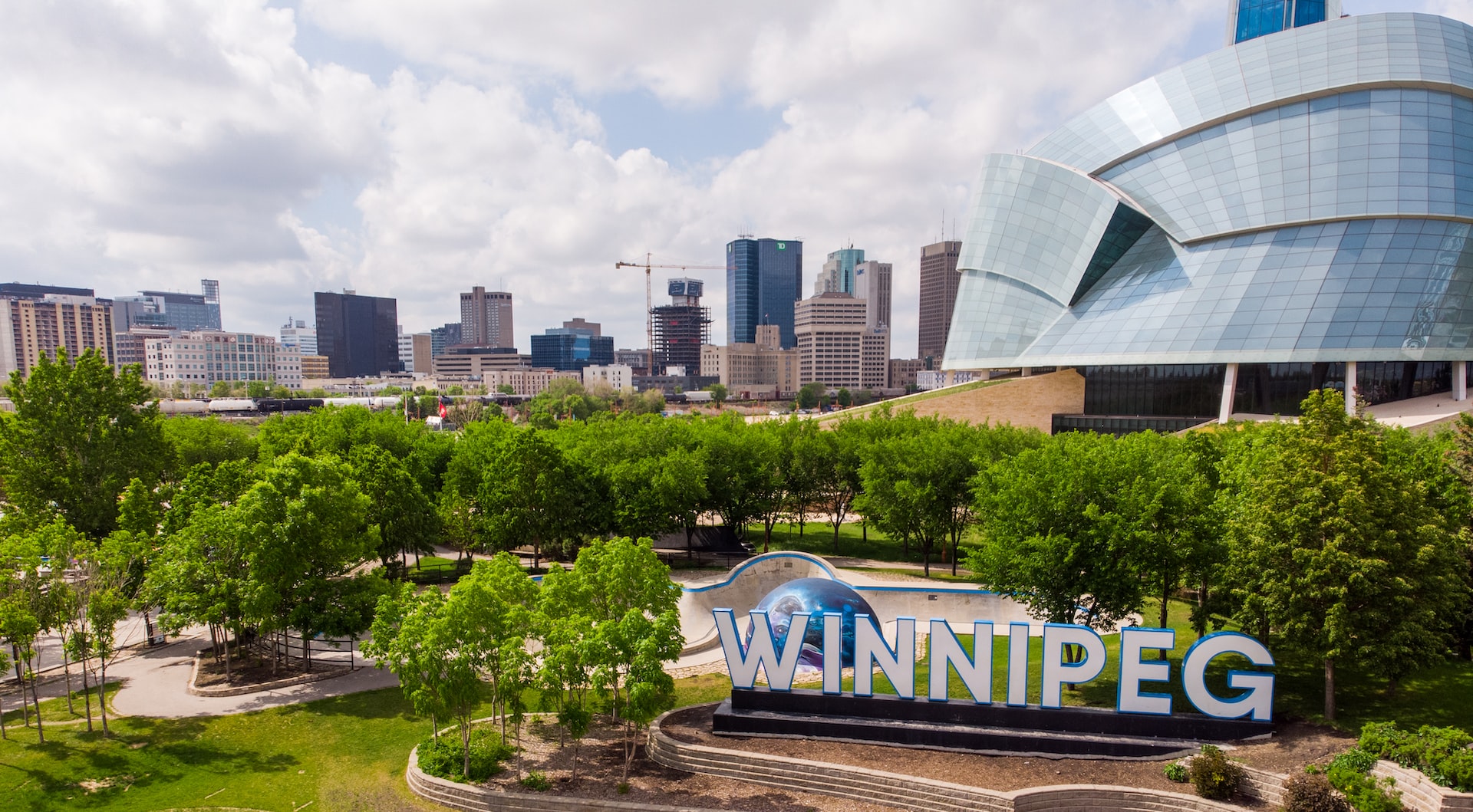
RYAN TYLER
Since 1977, conservatives have been outnumbered in Manitoba. They need to make a big decision.
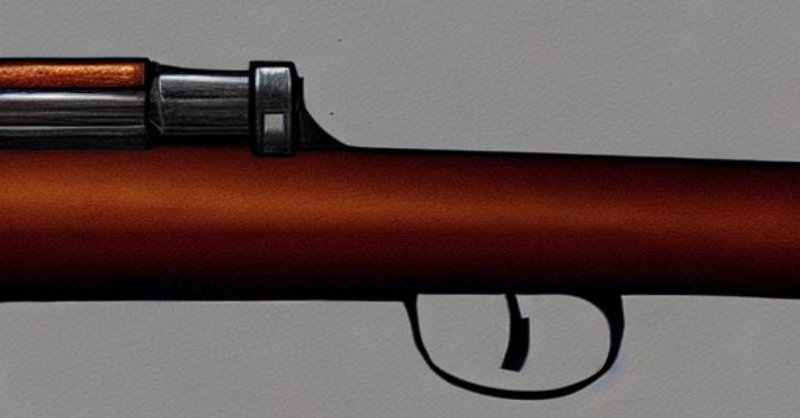
GRANT JOHNSON
A flu turned us against each other. Every man should be prepared to protect his family from something worse.
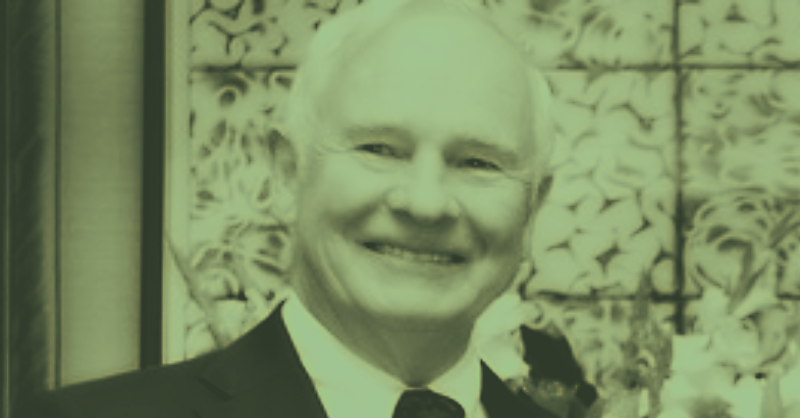
ALLAN RAY
The former governor general has proved himself a Liberal crony.

RYAN TYLER
They don't deserve our forgiveness.
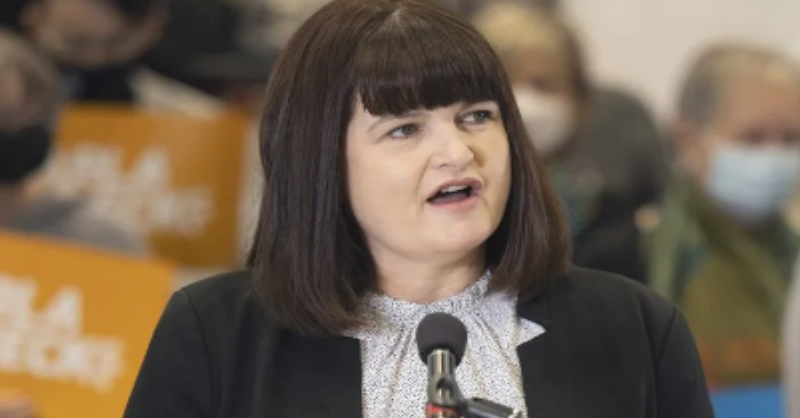
DEVON KASH
Carla Beck hasn't managed to stir up confidence or enthusiasm among the party's core base.